 |
| Prof. Dr. Andreas Stoffers, Country Director of FNF Institute in Vietnam. (Source: FNF) |
APEC has affirmed its position and leading role in the region in promoting global economic growth and integration, actively contributing to the process of building a deep and extensive regional cooperation structure. How do you evaluate the role of APEC in the current world economy?
In the 20th century, the centers of power were in the United States and Europe, or the so-called “Atlantic Century”. As we enter the 21st century, we are witnessing a major shift in the center of economic and political gravity. The rise of China and other Asian countries, along with the continued importance of the United States, has transformed the current century into the “Indo- Pacific Century”.
APEC reflects this trend. The forum was established in 1989 to capitalize on the growing interdependence of the Asia-Pacific region. The 21 APEC members aim to create greater prosperity for the people of the region by promoting balanced, inclusive, sustainable, innovative and secure growth, and promoting regional economic integration.
This is a forum that brings together major powers such as the US, China and many small and medium-sized countries in the region to create exchanges between the two sides. There is no doubt about the importance of such a forum, especially in the era of global value chain connectivity and increasing tensions.
All eyes are now on the upcoming meeting of economic leaders in San Francisco (USA) from November 11-17. It is likely that US President Joe Biden and Chinese President Xi Jinping will meet on the sidelines of the Forum. At a time when relations between the US and China are severely disrupted, the upcoming Forum will open a constructive dialogue and help the world's two largest economies identify common goals.
In your opinion, what are the new and outstanding points in APEC cooperation?
In addition to creating a forum for dialogue to reduce tensions and promote cooperation, there are various initiatives within APEC that need to be addressed. APEC has a long history of spearheading structural reform efforts in the Asia-Pacific region. These efforts have been underway for nearly two decades.
For example, the APEC Expanded Agenda for Structural Reform (EAASR). The Agenda reflects APEC’s outstanding commitment to structural reform. This initiative also serves as the APEC Economic Committee’s concrete, medium-term target for implementing the Putrajaya Declaration on APEC Vision 2040 and the Aotearoa Action Plan.
In my opinion, the pillars that EAASR is focusing on are very relevant to Vietnam's development. Specifically: Creating an environment that is conducive to openness, transparency and market competition; Strengthening business recovery and resilience to future shocks; Ensuring that all groups in society have equal access to opportunities for more inclusive, sustainable growth and better well-being; Harnessing innovation, new technology and skills development to increase productivity and digitalization.
Participating in these initiatives and exchanging ideas with other countries helps Vietnam identify best practice approaches, strengthen its position and strongly promote reforms. Your country is very confident and assertive in the international arena, so I think it is important to focus on the effectiveness of promoting your “brand”.
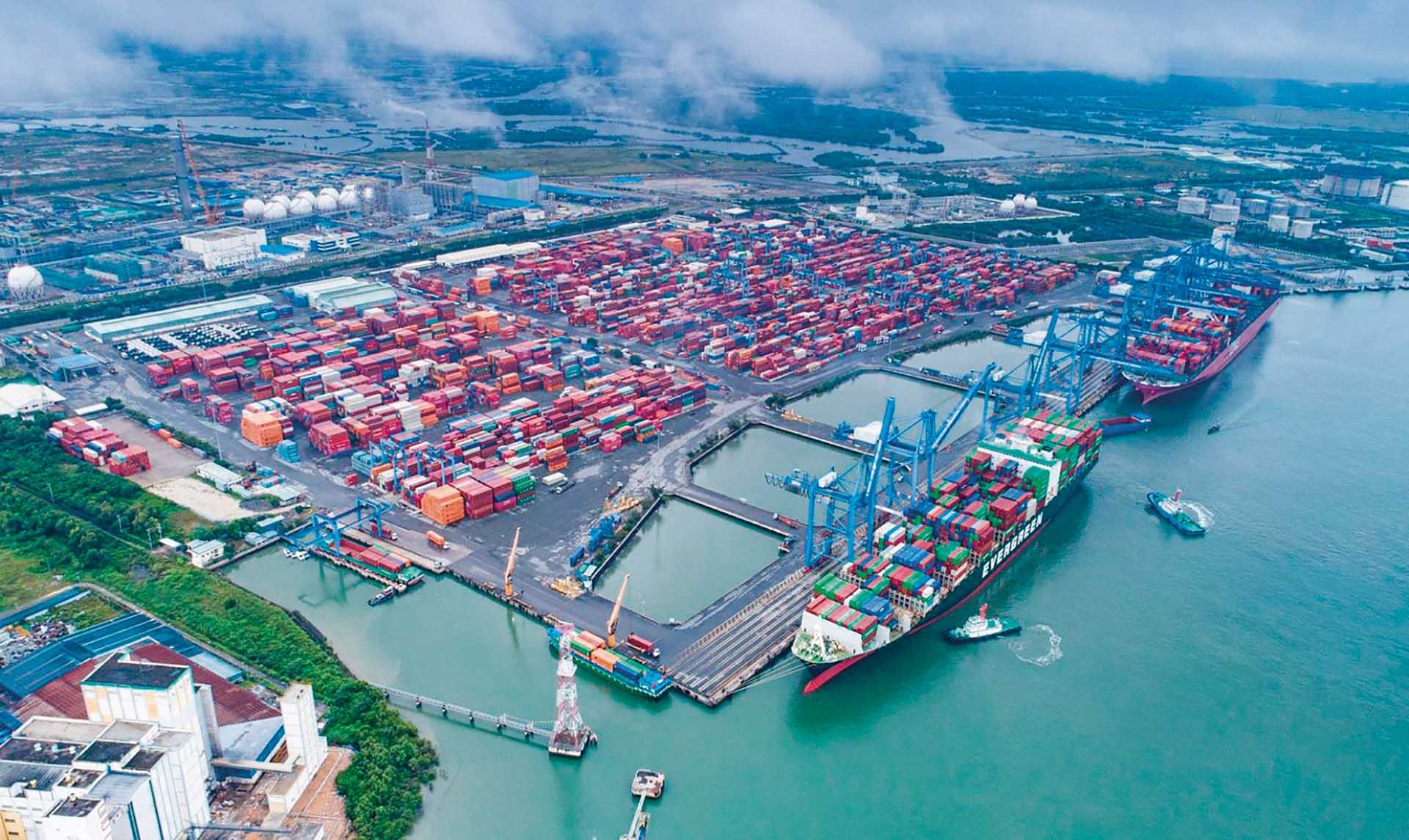 |
| Vietnam seeks to diversify its trade and business relationships, thereby bringing high resilience, which can compensate for the loss of some partner countries. (Source: VNA) |
APEC plays an important role in enhancing Vietnam’s international status. As an APEC member, Vietnam has an equal role and voice with many of the world’s leading economies in building and shaping regional economic and trade laws and regulations. What benefits does Vietnam’s economy reap from this cooperation mechanism, sir?
Vietnam benefits greatly from its cooperation with APEC partners. On the one hand, the S-shaped country can represent economic and political interests on various platforms and forums. On the other hand, the benefits come from nurturing ideas. Vietnam contributes to continuously enhancing the role of APEC as a well-governed and participatory organization.
APEC's Putrajaya Vision 2040 aims to achieve this through equal partnership, shared responsibility, mutual respect, common interests and mutual benefits in all areas, including economic development. Vietnam has also committed to the Putrajaya Declaration 2040, which includes three main elements.
First, creating a well-functioning multilateral trading system that promotes stability and predictability in international trade flows.
Second, innovate and digitize by strengthening digital infrastructure; accelerating digital transformation; bridging the digital divide; collaborating to facilitate data flows and enhance consumer and business confidence in digital transactions.
Third, strong, balanced, safe, sustainable and inclusive growth by promoting economic, cooperative and growth-oriented policies that support global efforts to comprehensively address all environmental challenges including climate change, extreme weather conditions and natural disasters at sustainable levels.
By cooperating on these topics with APEC partners, Vietnam's economy will reap many benefits for its own development.
How should Vietnam take advantage of economic opportunities from APEC in a volatile world context?
In a volatile world, Vietnam can benefit from its APEC membership by using the forum to play a mediating role.
In terms of economic policy, Vietnam’s market economy is highly open. Its commitment to the rules of international law and its commitment to free trade is the right path to international integration and prosperity. Vietnam has sought to diversify its trade and business relationships, providing equal opportunities to all partners.
This diversification brings high resilience, which can compensate for the loss of some partner countries (for example, trade cooperation with China during the Covid-19 period). At the same time, Vietnam's economic equalization policy will promote contact and exchange between people. In my opinion, in this regard, Vietnam can serve as a model.
APEC provides a platform for dialogue between members from the world’s most economically promising region in the 21st century. This opportunity should be taken advantage of and Vietnam should become a driving force for this multilateral development.
As economist Ludwig von Mises said: “Modern society, based on the division of labor, can only be preserved under conditions of lasting peace.” The peace benefits that APEC and other countries are supporting are the greatest advantage for Vietnam!
Source



![[Photo] General Secretary To Lam receives President of the Senate of the Czech Republic Milos Vystrcil](/_next/image?url=https%3A%2F%2Fvphoto.vietnam.vn%2Fthumb%2F1200x675%2Fvietnam%2Fresource%2FIMAGE%2F2025%2F11%2F21%2F1763723946294_ndo_br_1-8401-jpg.webp&w=3840&q=75)
![[Photo] President Luong Cuong receives Speaker of the Korean National Assembly Woo Won Shik](/_next/image?url=https%3A%2F%2Fvphoto.vietnam.vn%2Fthumb%2F1200x675%2Fvietnam%2Fresource%2FIMAGE%2F2025%2F11%2F21%2F1763720046458_ndo_br_1-jpg.webp&w=3840&q=75)
![[Photo] Visit Hung Yen to admire the "wooden masterpiece" pagoda in the heart of the Northern Delta](/_next/image?url=https%3A%2F%2Fvphoto.vietnam.vn%2Fthumb%2F1200x675%2Fvietnam%2Fresource%2FIMAGE%2F2025%2F11%2F21%2F1763716446000_a1-bnd-8471-1769-jpg.webp&w=3840&q=75)

![[Photo] National Assembly Chairman Tran Thanh Man holds talks with President of the Senate of the Czech Republic Milos Vystrcil](/_next/image?url=https%3A%2F%2Fvphoto.vietnam.vn%2Fthumb%2F1200x675%2Fvietnam%2Fresource%2FIMAGE%2F2025%2F11%2F21%2F1763715853195_ndo_br_bnd-6440-jpg.webp&w=3840&q=75)


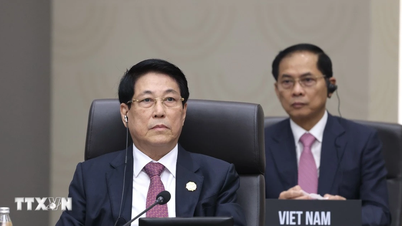

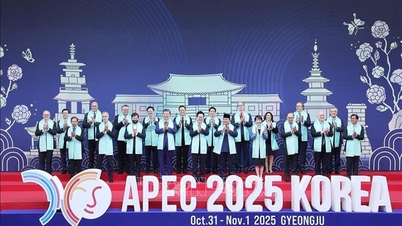

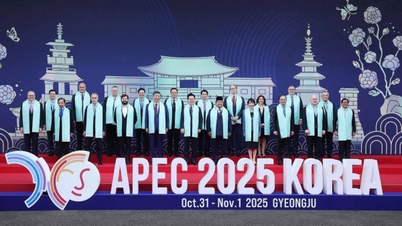
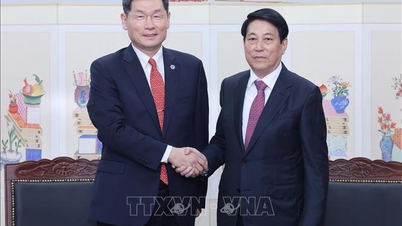



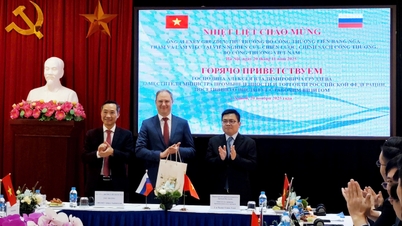

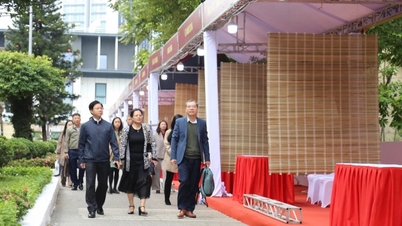
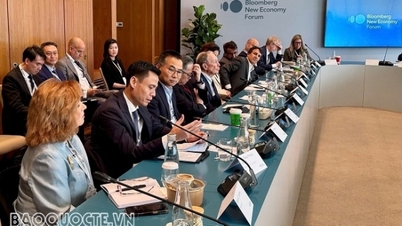


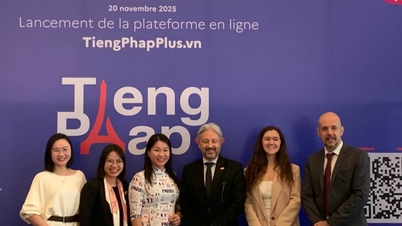




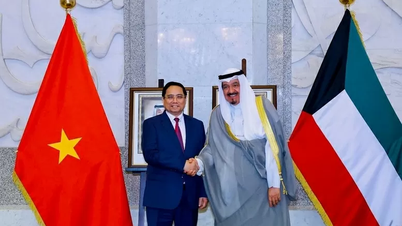
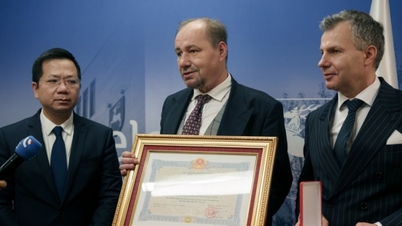
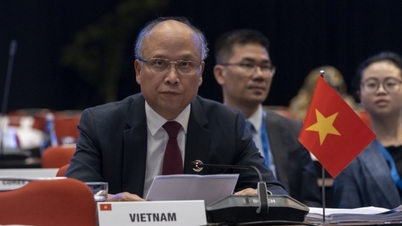
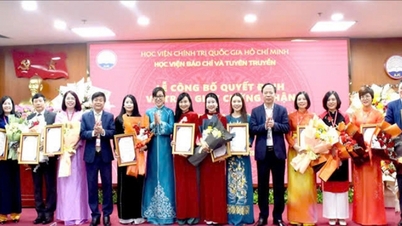
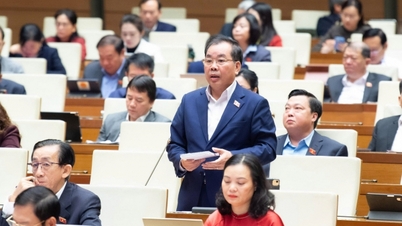
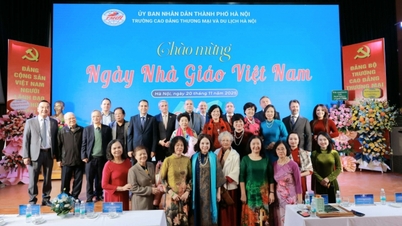












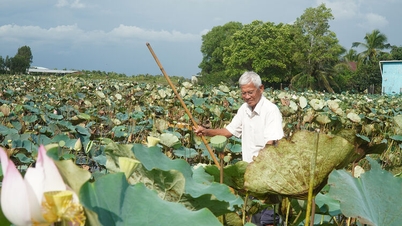
































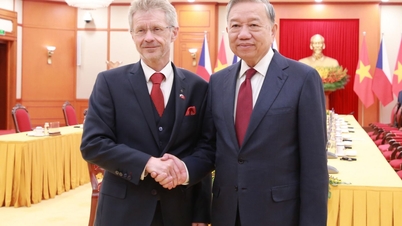



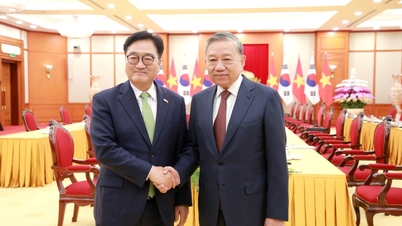
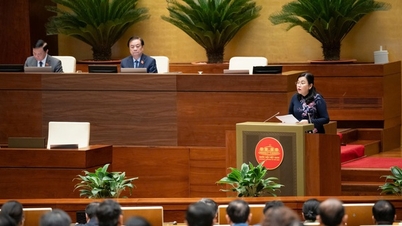

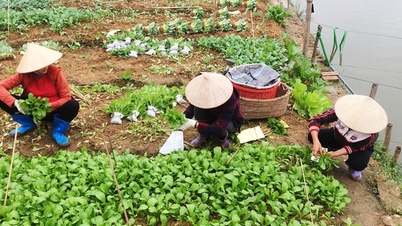
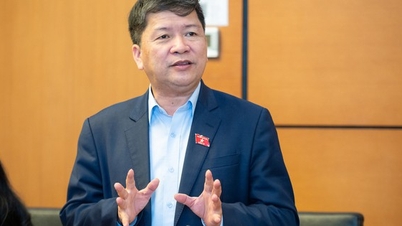


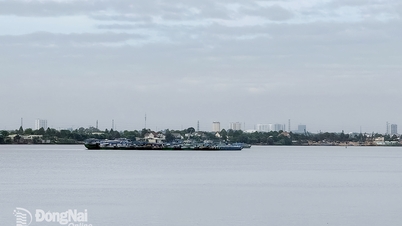
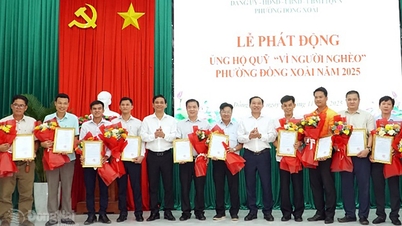
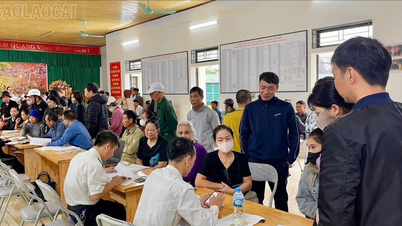

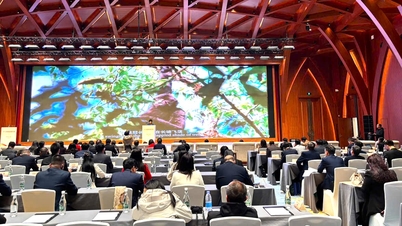
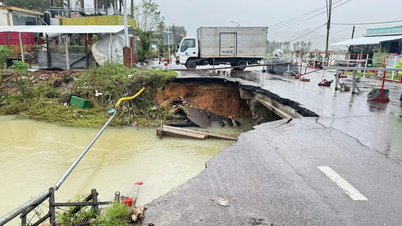















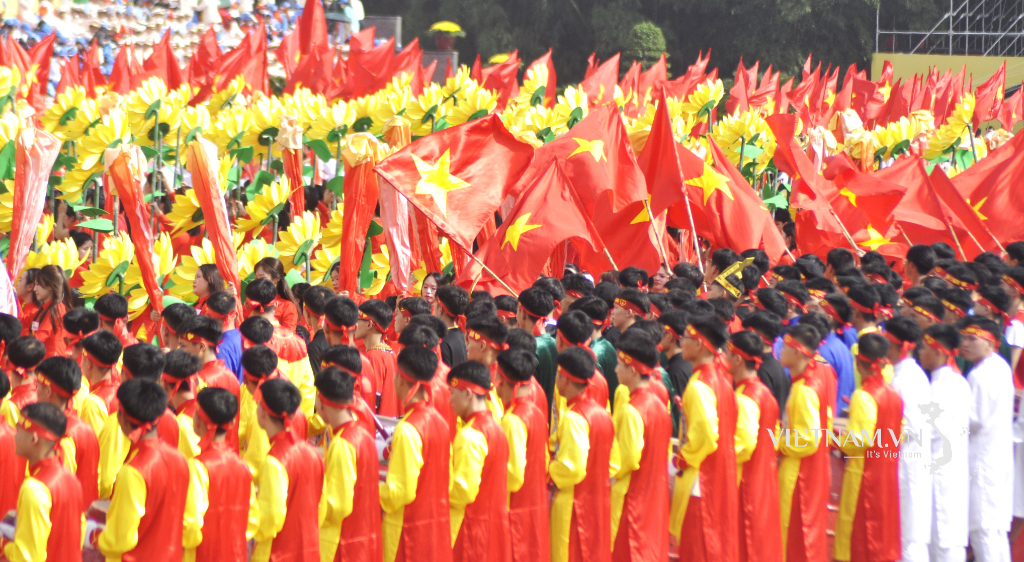
Comment (0)